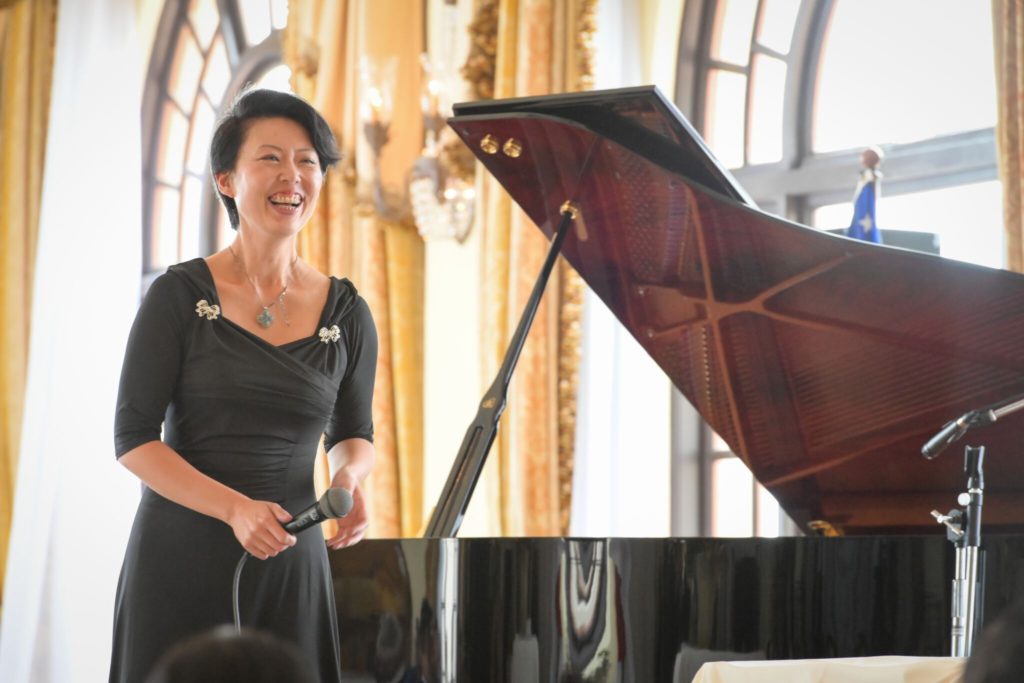“Why Piano Now” re-introduces piano playing as a practice to explore one’s mind, senses and context. The book surveys history, and the latest scientific findings on the benefit of music, while putting the research in the context of the author’s personal journey for her authenticity and authority as a Japanese classical pianist, grappling with its historical cultural imperialism. The prescriptive nonfiction, with supplemental audio/visual recordings, calls for a revolution in the way music is taught, used and practiced, today.
Communal experience of music synchronizes our pulse, breaths and brainwaves, reminding us that what we share is greater than our differences. Music is innately human and therefore social. Yet, today, listeners with earbuds use music as a shield against the world. And what motivates countless pianists around the globe to isolate themselves in practice rooms, pounding the keys? Self-annihilating desire for discipline. Cultural assimilation. Recognition. The Romantic notion of transcendental beauty, unaware that the post-Kantian philosophers reserved their ideal as attainable only by the elite white males.
Like many other pianists, the author was driven by the wrong reasons, initially. When pervasive sexual harassment in the industry and her own internalized racism led to debilitating stage fright, she was forced to reevaluate her path.
Her research reframed piano practice as a way to reflect on life’s unanswerable questions, leading to deeper awareness of herself and her context. She discovered that the balance one must seek at the keyboard, between input and output, theory and practice, acceptance and action, and the past and future, to be the balance one needs, to live well.
